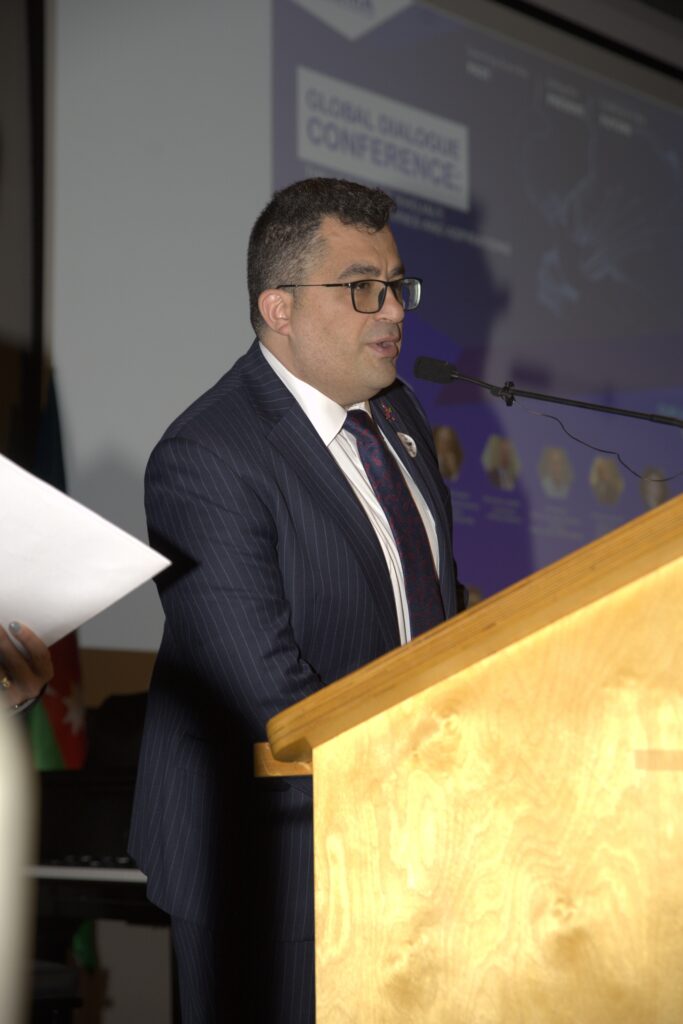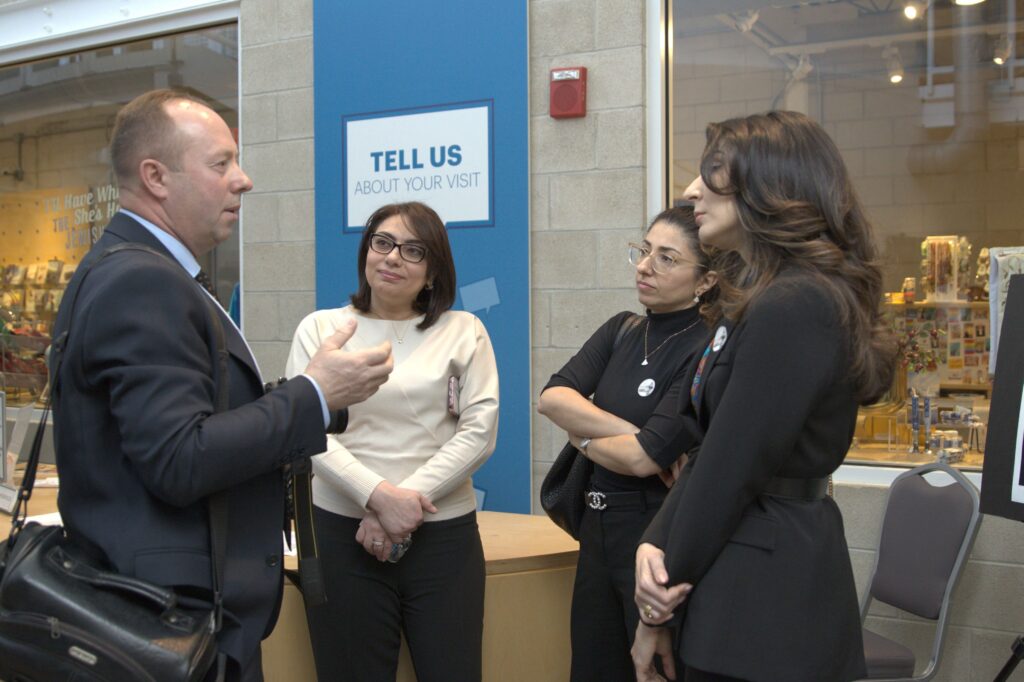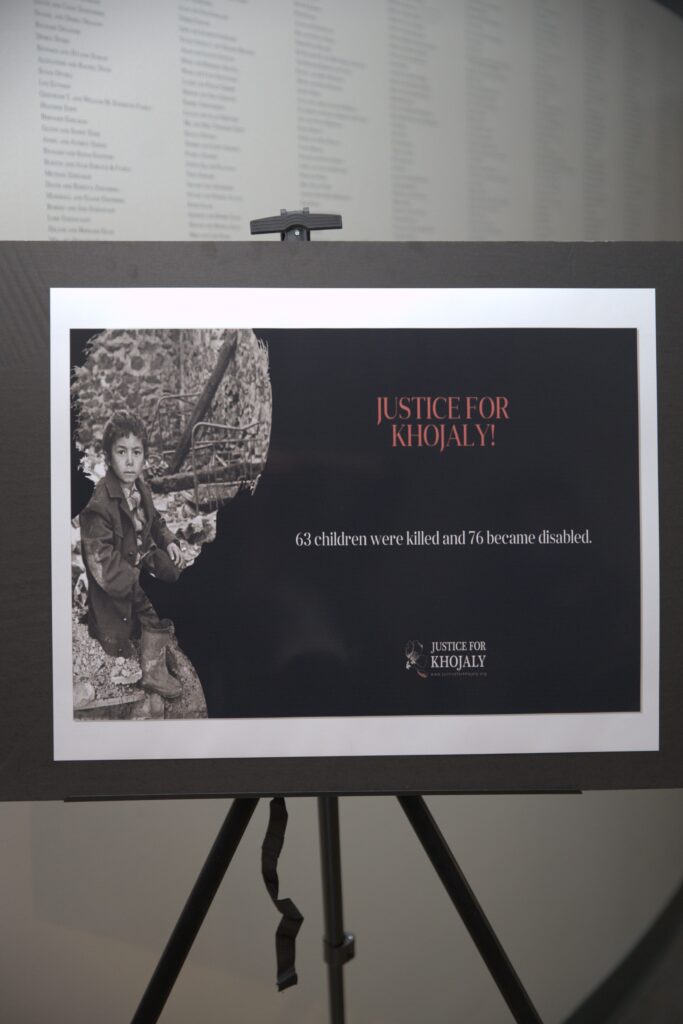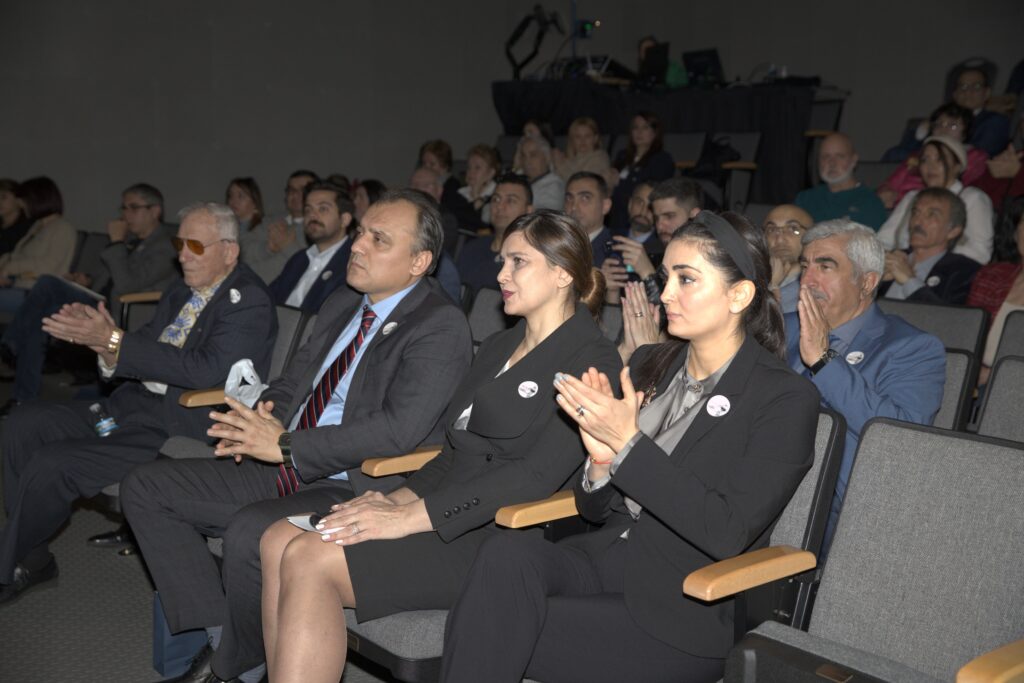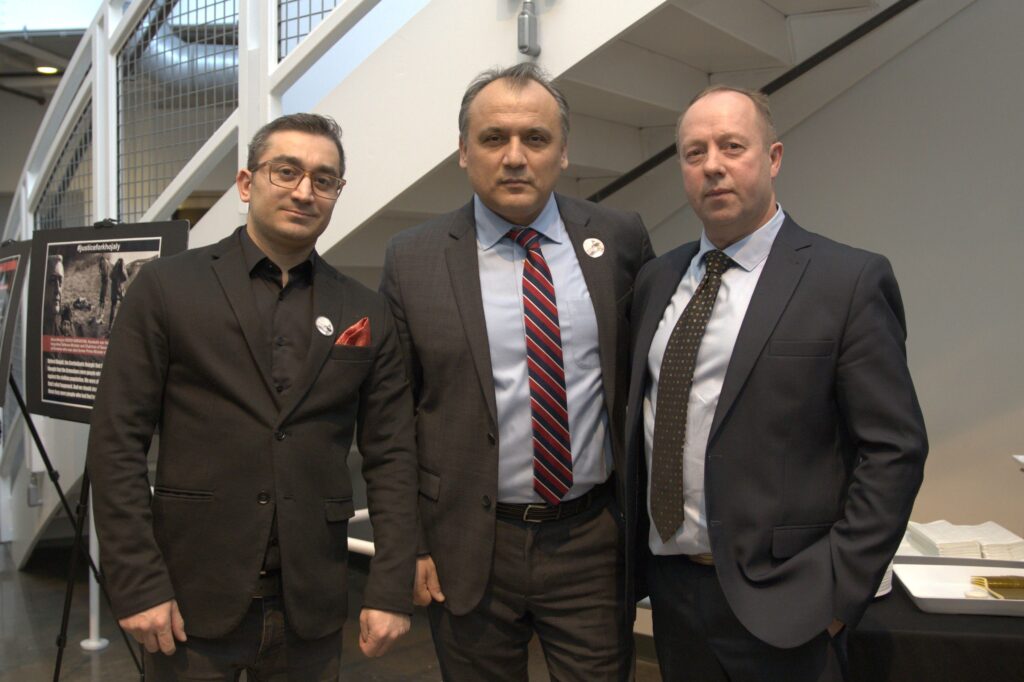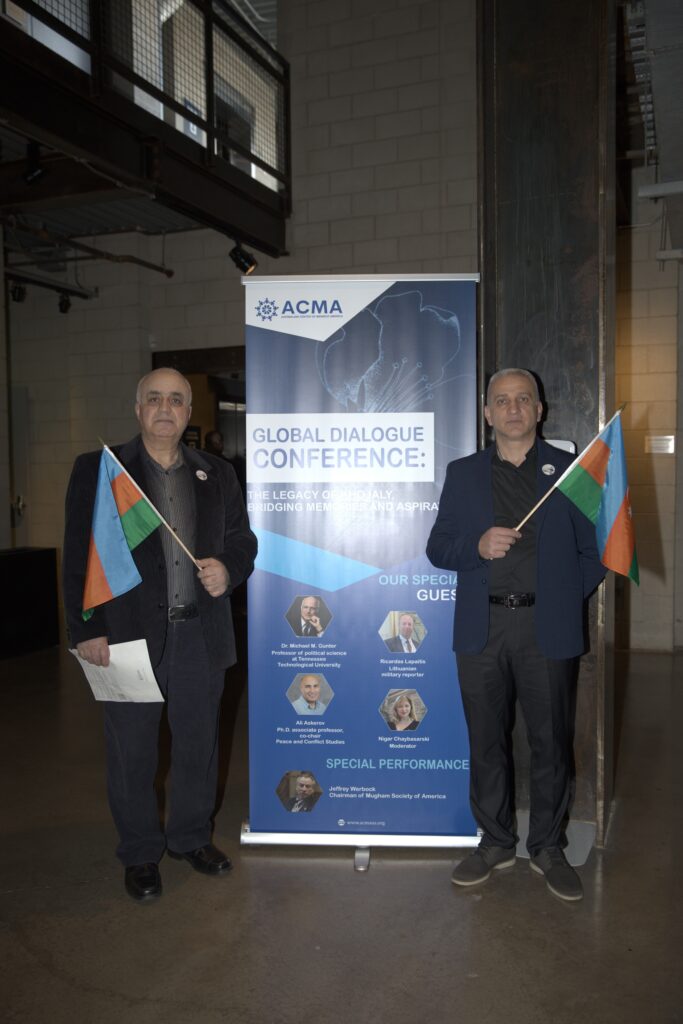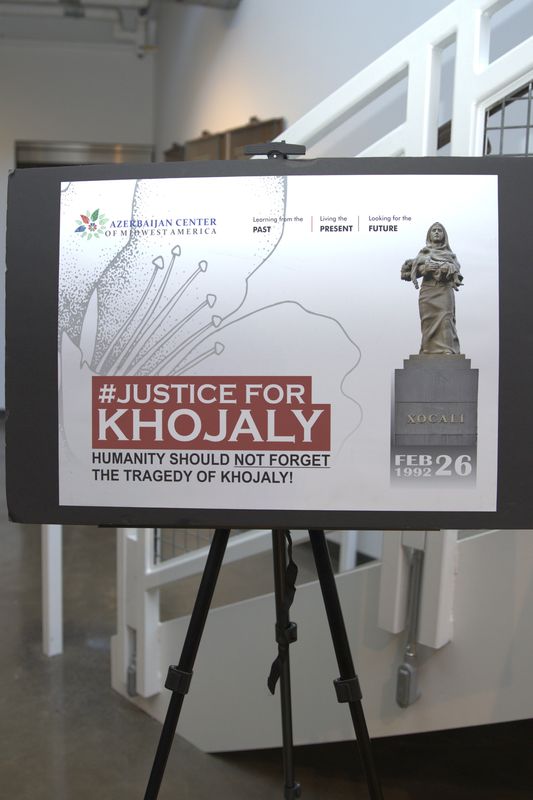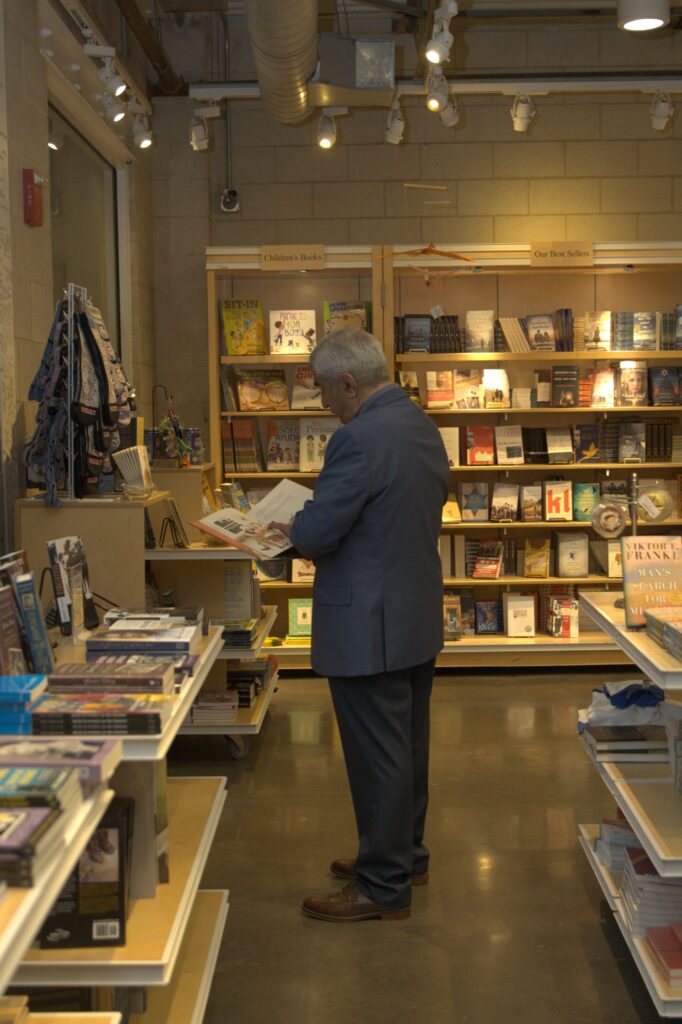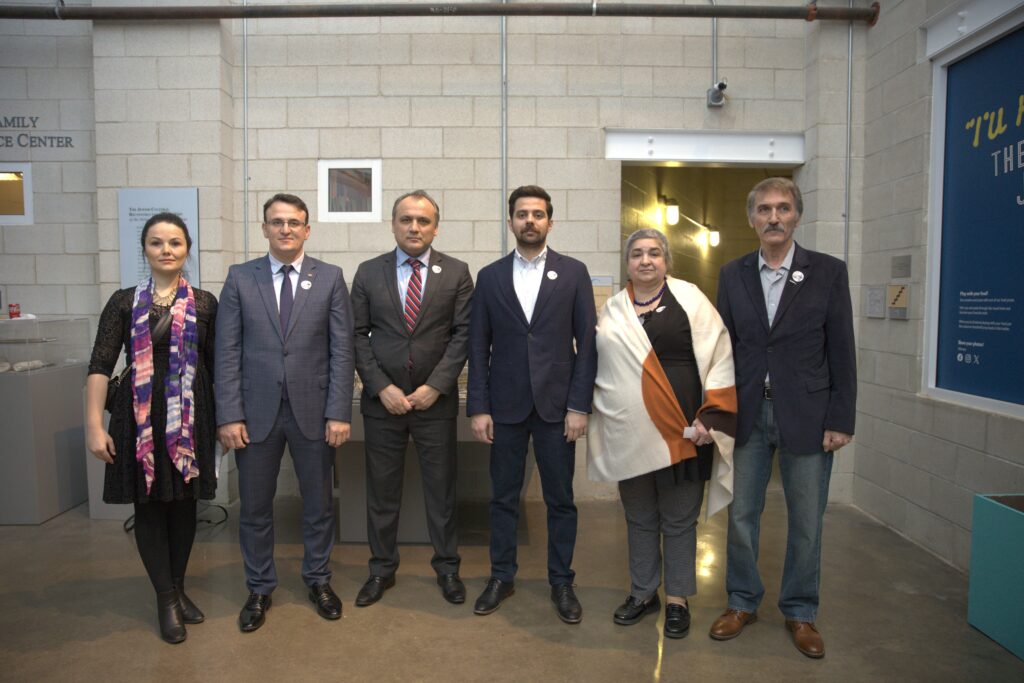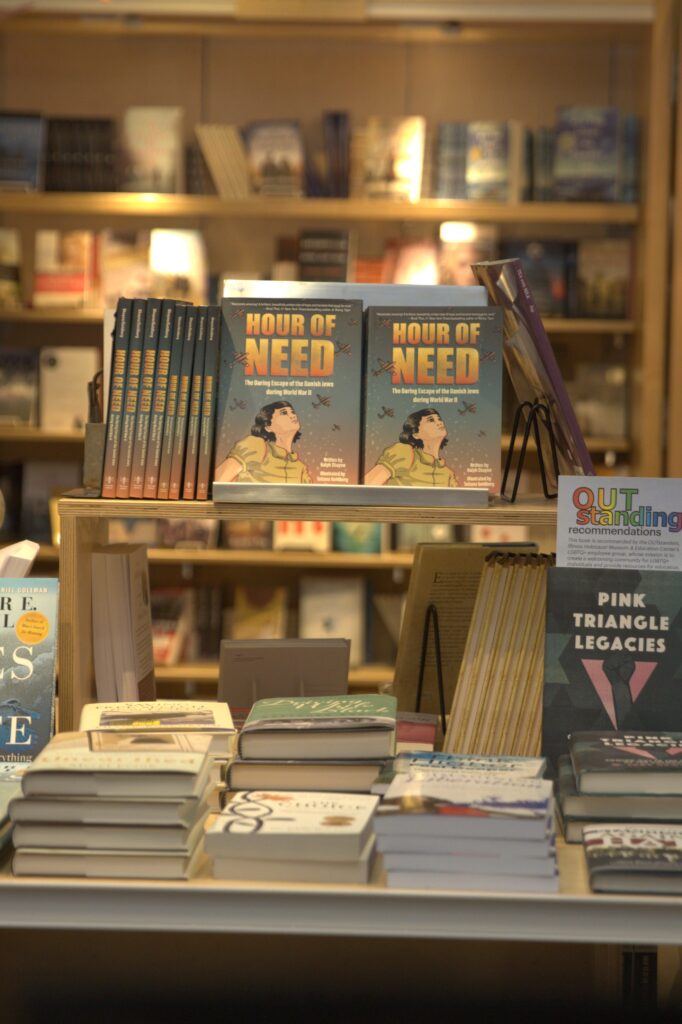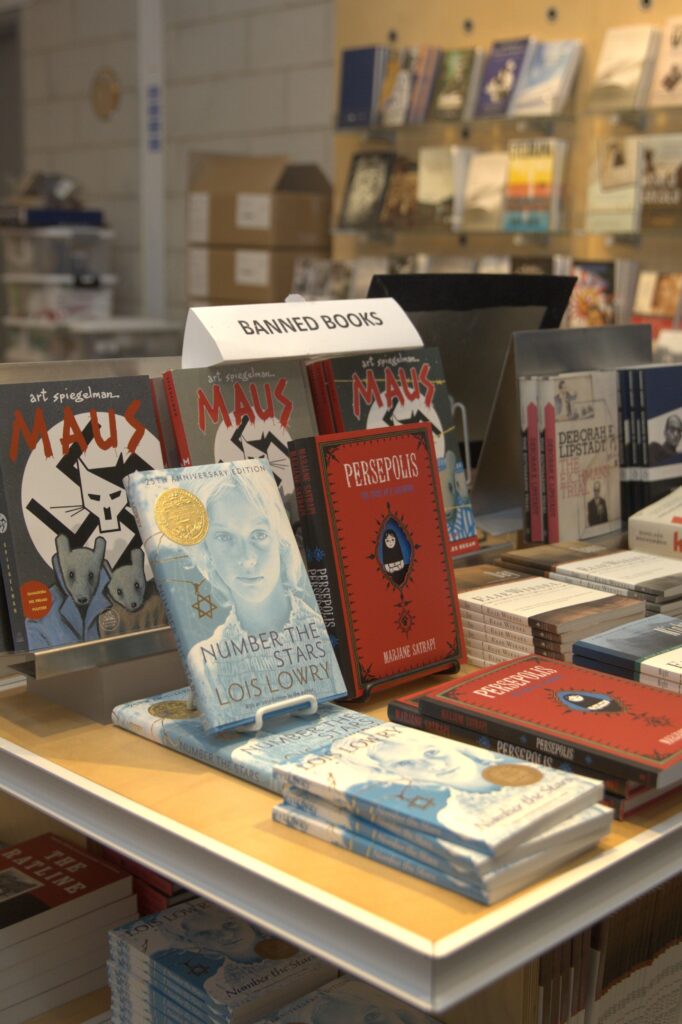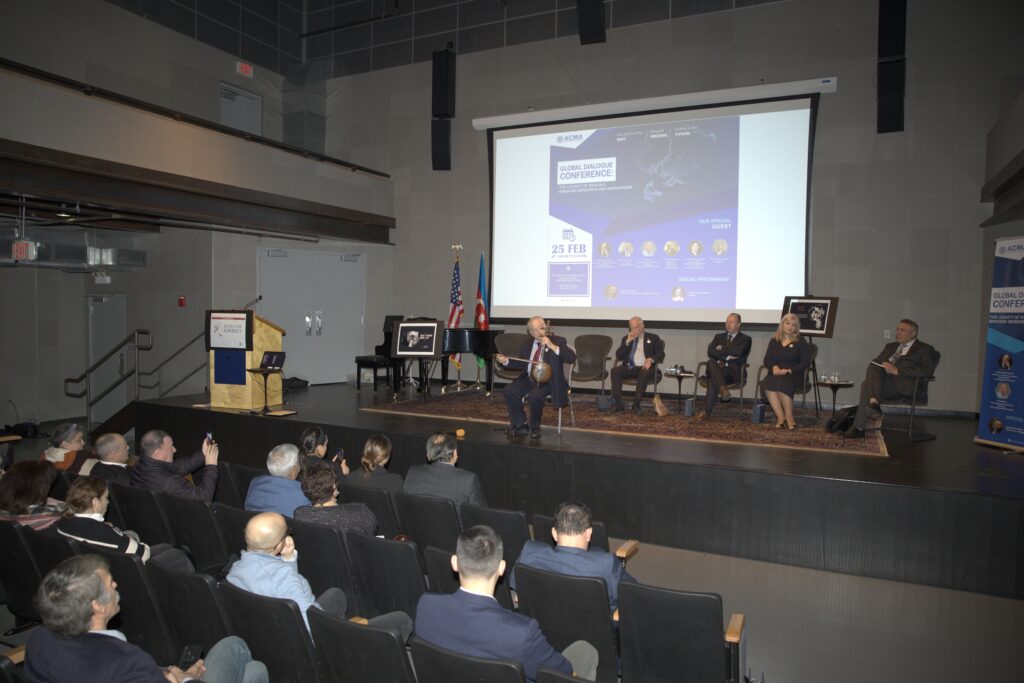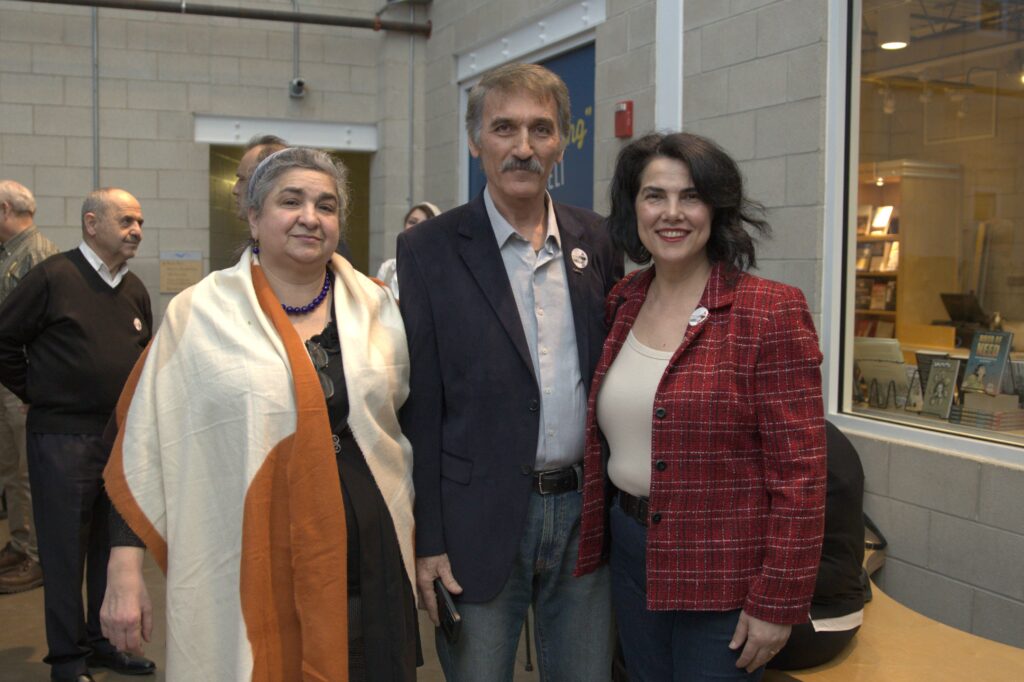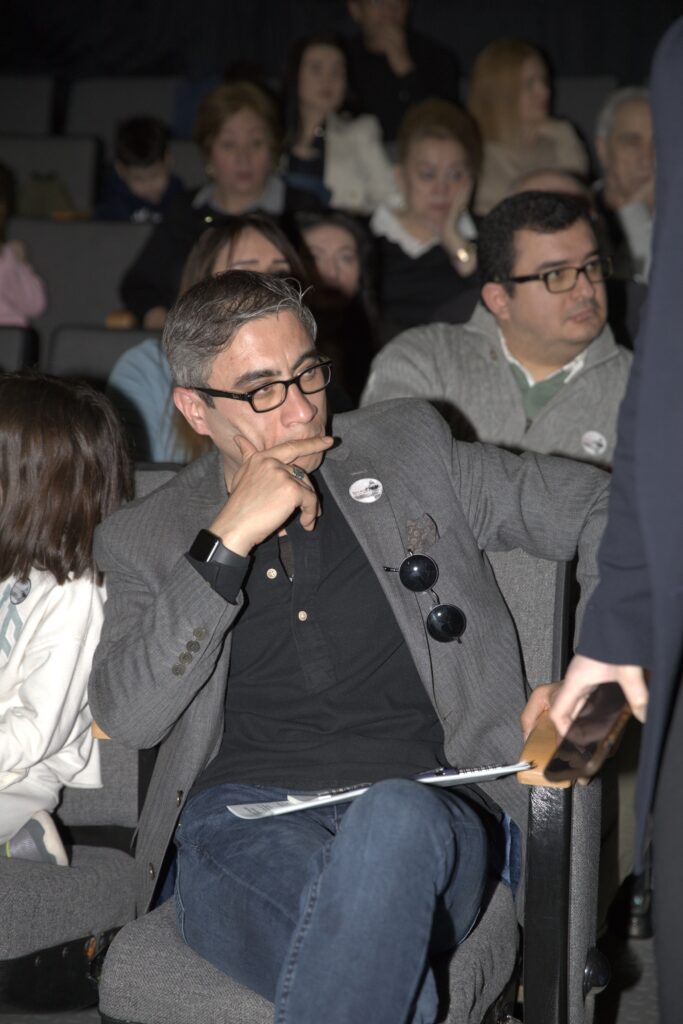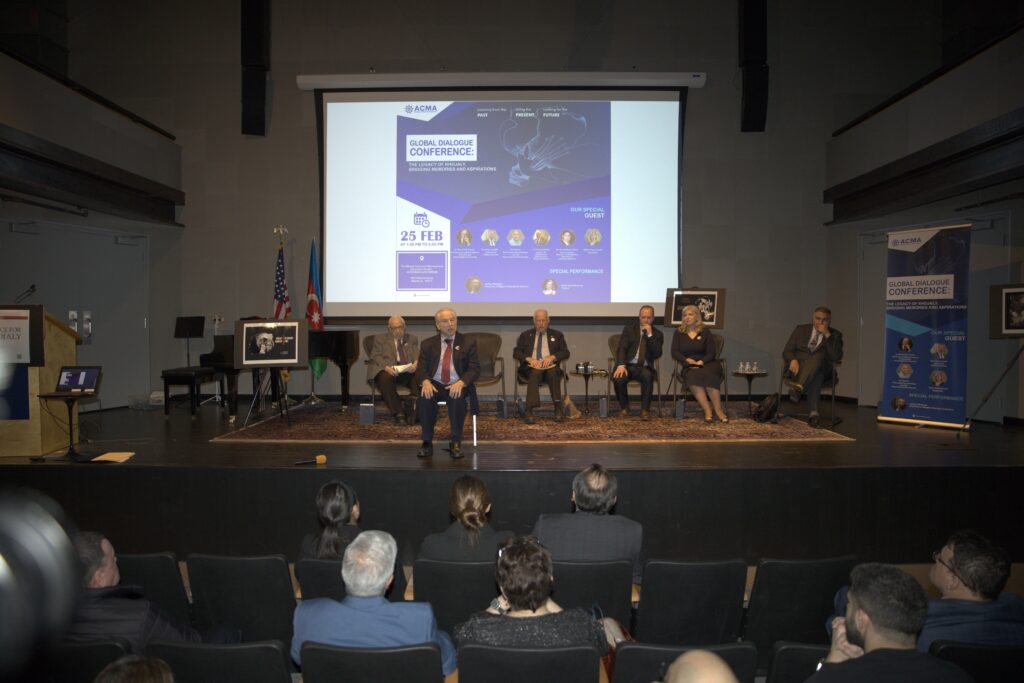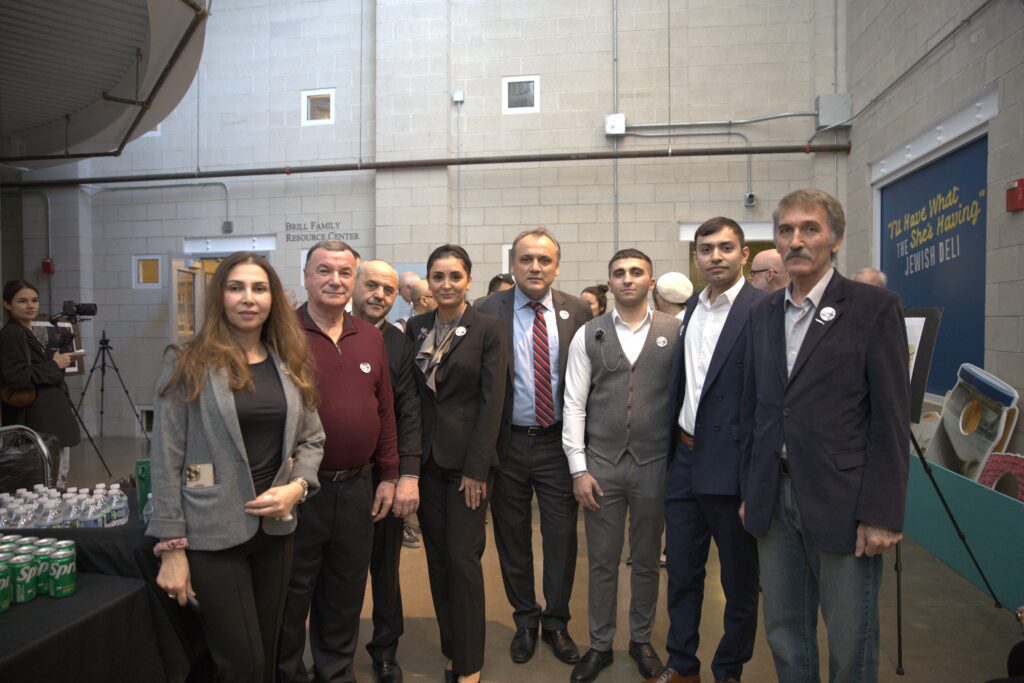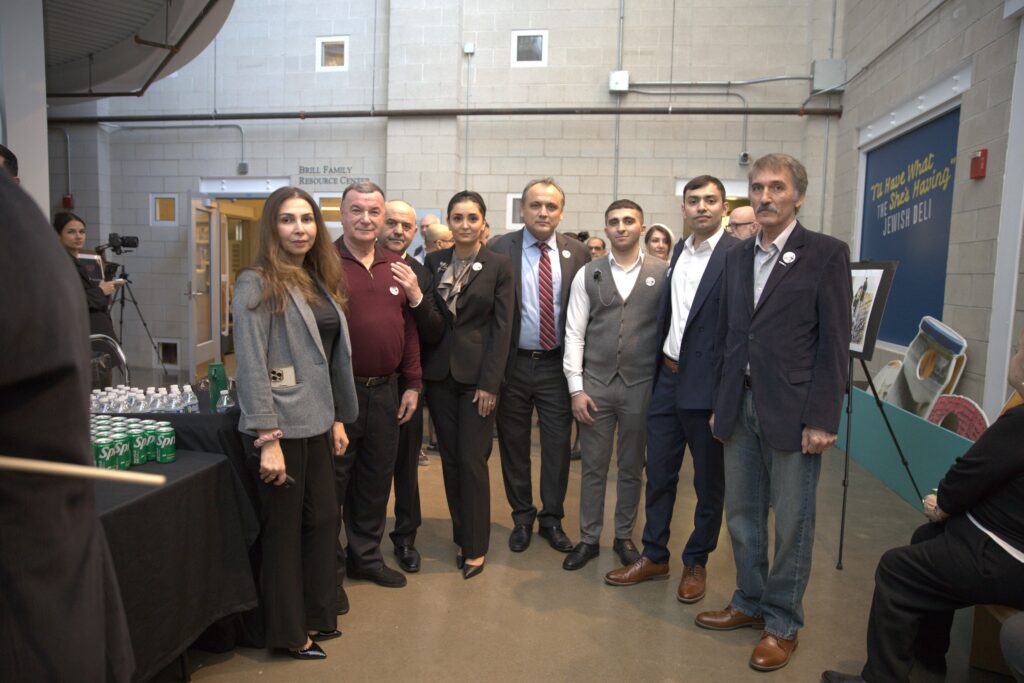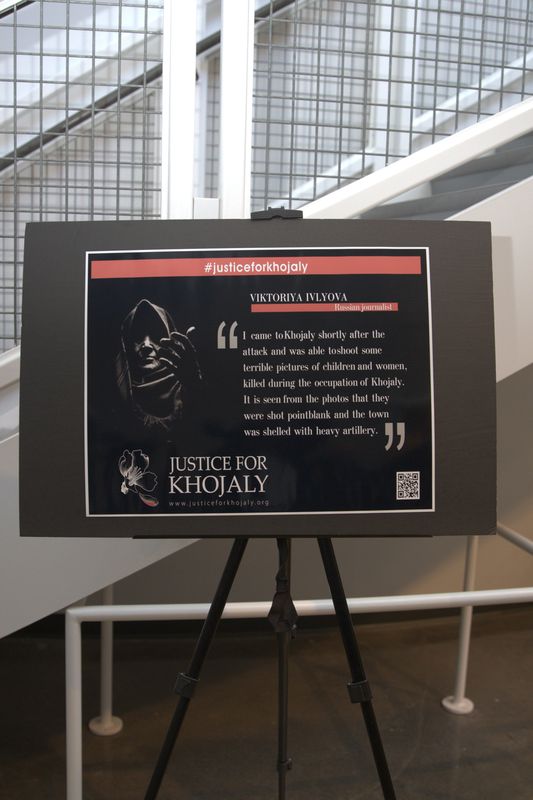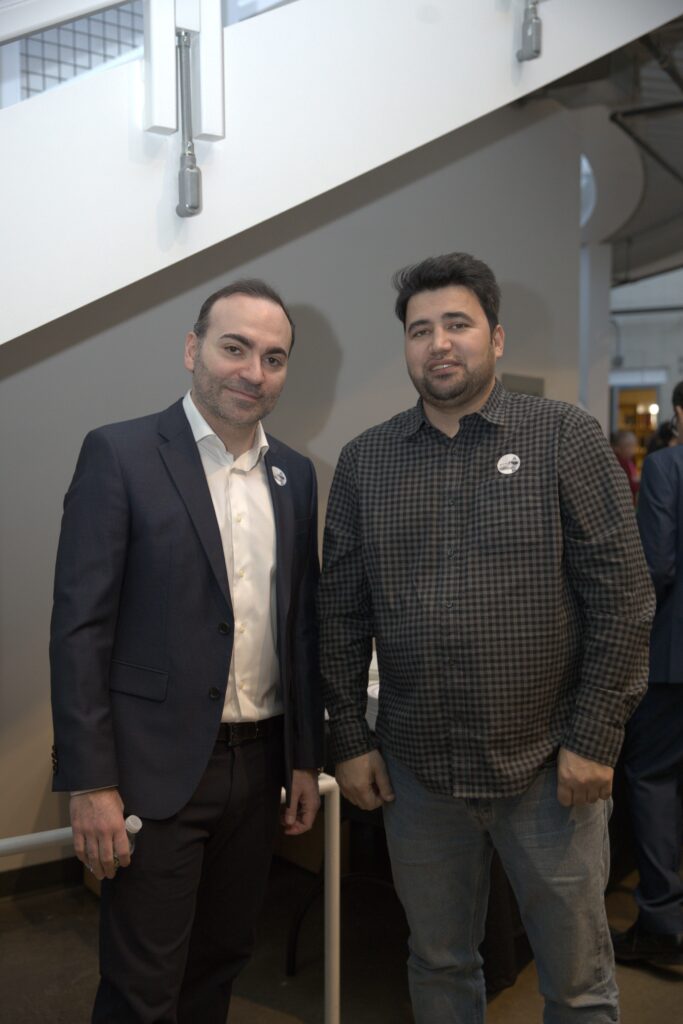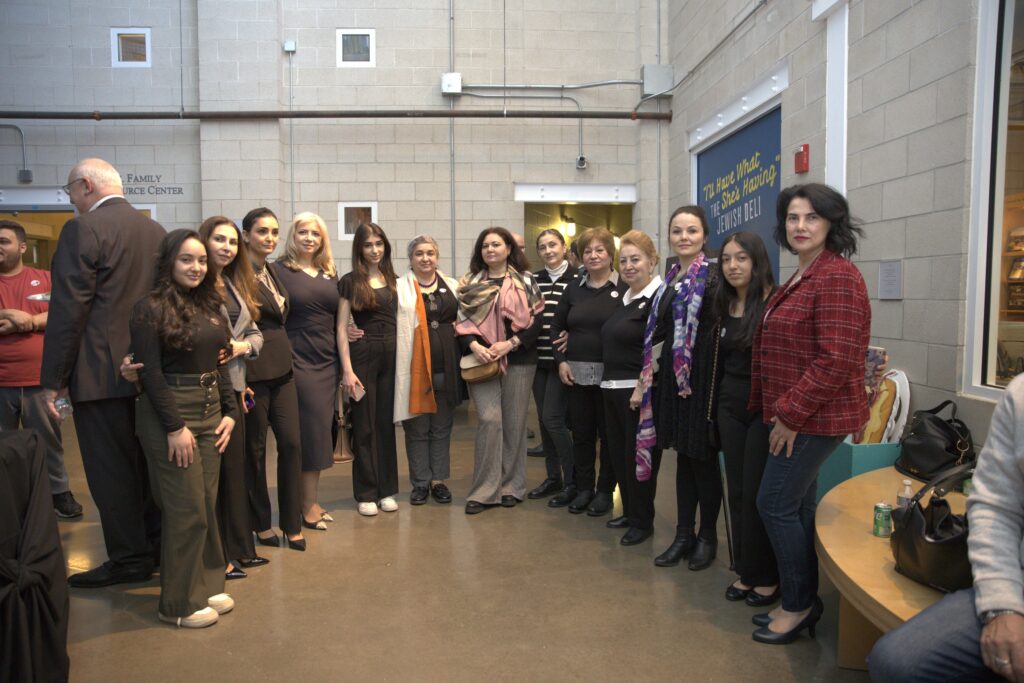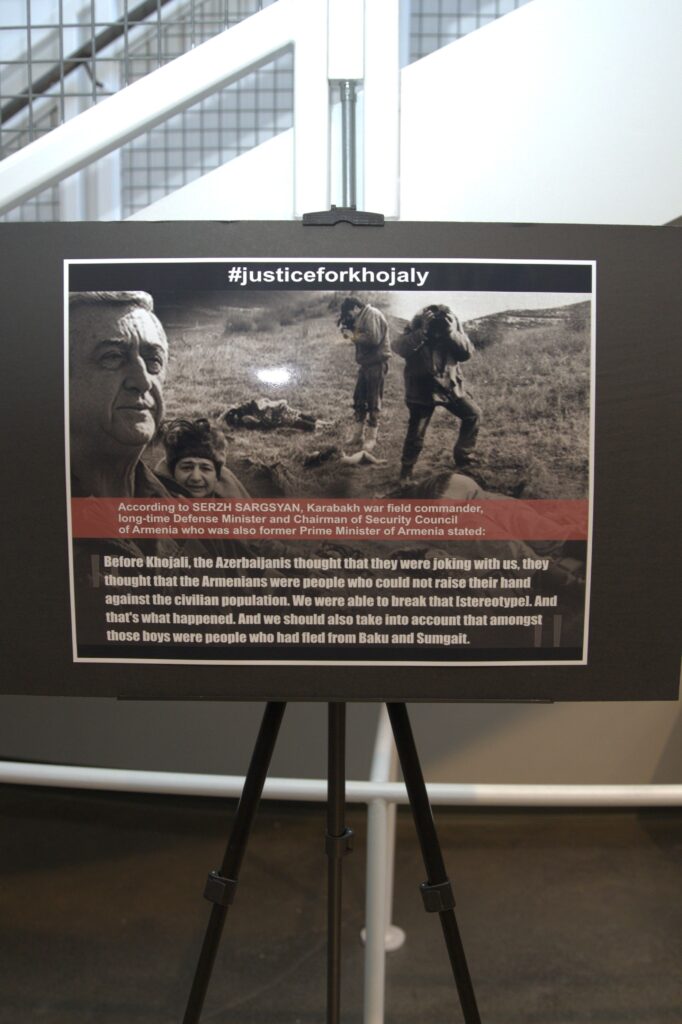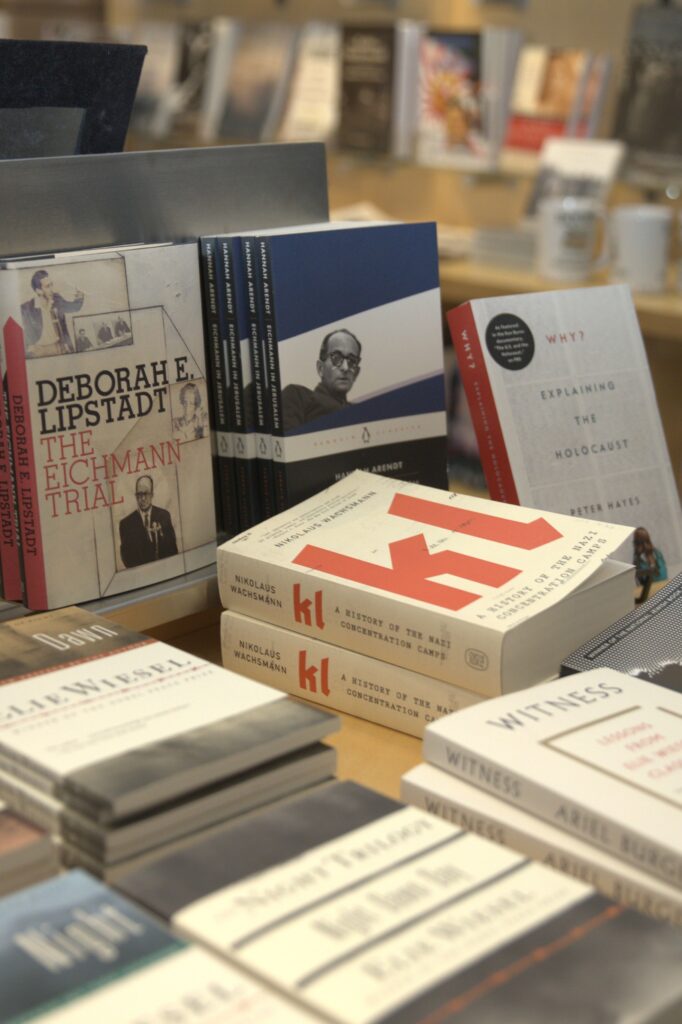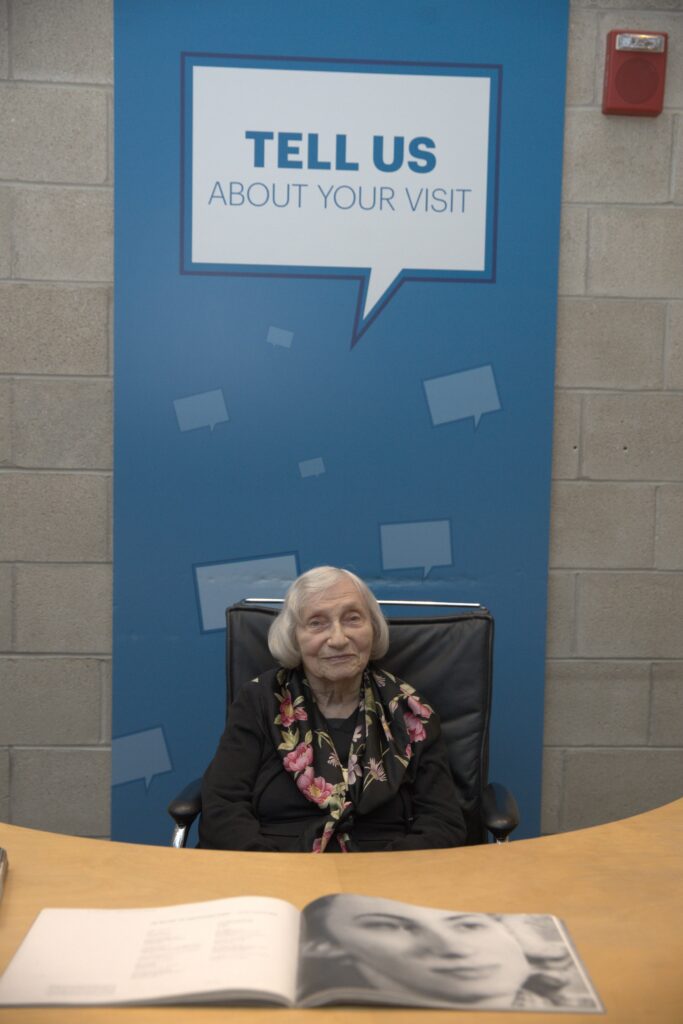Supported by the State Committee for Work with the Diaspora of the Republic of Azerbaijan, the conference was attended by staff of the Turkish Consulate, representatives of Kazakh, Kyrgyz, Azerbaijani, American, Pakistani, and Turkic peoples, the head of the Ukrainian Community, renowned speakers, and state officials.
The event, moderated by Nigar Chaybasarski, commenced with a minute of silence in memory of the victims of the Khojaly genocide.
Farid Mammadov and Mehriban Mammadova, leaders of the Azerbaijan Center of Midwest America, officially opened the event, emphasizing the importance of recognizing the Khojaly tragedy as a genocide perpetrated by Armenia against the Azerbaijani people and the necessity for the American public to support bringing those responsible to justice.
Lithuanian military journalist Ričardas Lapaitis shared his eyewitness accounts of the horrors in Khojaly and condemned the inhumane actions of Armenian criminals, highlighting the impact of the tragedy on his life and the quest for justice at the Hague.
Salhat Abbasova, a department head at the State Committee for Work with the Diaspora of the Republic of Azerbaijan, stated the Azerbaijani people’s global demand for justice for the Khojaly genocide through the “Justice for Khojaly” campaign, emphasizing the significance of Azerbaijan liberating its territories and the continued advocacy for the victims of the Khojaly tragedy.
Jeyhun Novruzov, the First Secretary of the Embassy of the Republic of Azerbaijan to the United States, remarked on the Khojaly genocide as a bloody chapter in Azerbaijani history, from which the nation and government emerged with valor.
Harry Lipinski, head of the Asia Research Center, highlighted Azerbaijan’s role as a leading country in the region, victorious in the conflict due to its successful policies.
Michael Canter, a professor of political sciences at Tennessee Technological University, spoke on Azerbaijan’s consistently just stance on the Karabakh issue.
American Mugham singer Jeffrey Werbock praised Azerbaijan’s rich culture and discussed the Khojaly tragedy, calling for global solidarity towards justice.
Ali Asgarov, an associate professor at the University of North Carolina’s Department of Peace and Conflict Studies, exposed the Khojaly genocide as part of Armenia’s aggressive policy, emphasizing the need for displaced Azerbaijanis to return home.
The conference also featured a video presentation by Dr. Kamal Makili-Aliyev on the Khojaly genocide.
Musical performances included Jeffrey Werbock playing Azerbaijani mugham on the kamancha and young musician Klara Haya Melamed performing lyrical pieces by Azerbaijani composers on the piano.
For the first time, optimistic speeches about the future were made following the liberation of Khojaly.
The event featured an exhibition displaying photographs revealing the truths of the Khojaly tragedy, alongside the “History of Azerbaijan” project by the “Homeland Azerbaijan Art and Culture Center” in Canada, supported by the State Committee for Work with the Diaspora, which included the “Khojaly Genocide” film and photos taken in Khojaly by Ričardas Lapaitis.

